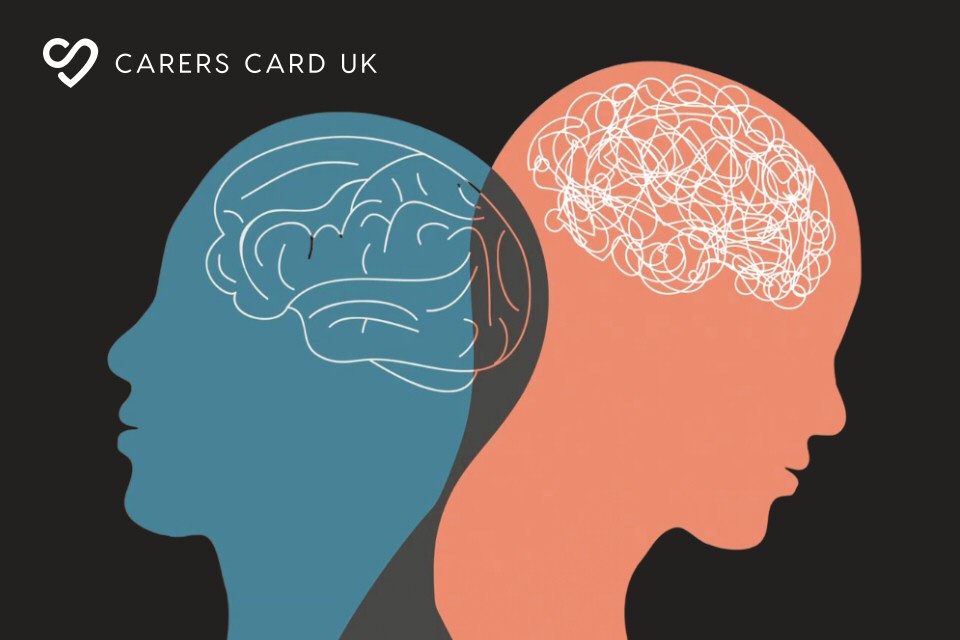What is bipolar disorder and how do I recognise it in a loved one?
Bipolar disorder is a complex mental health condition characterised by extreme mood swings, including episodes of mania and depression. These mood swings can vary in intensity and duration, and they significantly impact a person's daily life, relationships, and overall well-being.

In a manic episode, individuals with bipolar disorder may experience an elevated mood that is abnormally high or irritable. During this phase, they might engage in impulsive or risky behaviours, exhibit excessive energy, have racing thoughts, and speak rapidly. Their sleep patterns may also be disrupted, as they may require less sleep than usual. Mania can lead to a heightened sense of self-importance, unrealistic optimism, and poor judgment.
Conversely, during a depressive episode, individuals with bipolar disorder experience overwhelming sadness, hopelessness, and a lack of interest or pleasure in activities they once enjoyed. They may have trouble sleeping or oversleep, experience changes in appetite and weight, and have difficulty concentrating. Suicidal thoughts or behaviours can also be a feature of severe depressive episodes.
Recognising bipolar disorder in a loved one can be challenging, as the condition often involves distinct mood swings that can be mistaken for ordinary emotional fluctuations. However, some signs and symptoms to watch for include:
Extreme Mood Swings: Frequent and extreme shifts in mood from periods of intense elation or irritability (mania) to profound sadness and despair (depression).
Changes in Energy Levels: Noticeable changes in energy levels, with manic phases characterised by increased activity, restlessness, and talkativeness, while depressive phases lead to fatigue, lethargy, and slowed movements.
Sleep Disturbances: Significant alterations in sleep patterns, such as insomnia during manic episodes or excessive sleep during depressive episodes.
Impaired Judgment: During manic episodes, individuals may make impulsive decisions with risky consequences, such as excessive spending, substance abuse, or engaging in unsafe sexual behaviours.
Loss of Interest: A loss of interest or pleasure in activities that were once enjoyable during depressive episodes, accompanied by feelings of worthlessness or guilt.
Fluctuations in Behaviour: Inconsistencies in behaviour and daily functioning that do not align with a person's typical personality or habits.
Relationship Strain: Difficulty maintaining stable relationships due to mood-related challenges, which can lead to conflict and strain within families and friendships.
Suicidal Thoughts: Expressions of suicidal thoughts or self-harming behaviours, particularly during severe depressive episodes. These should be taken seriously and prompt immediate professional intervention.
Cyclical Patterns: Recognising a cyclical pattern of mood swings, with distinct episodes of mania followed by depressive episodes, can be a strong indicator of bipolar disorder.
If you suspect that a loved one may have bipolar disorder, it is essential to encourage them to seek professional help. A mental health assessment by a psychiatrist or psychologist is necessary for an accurate diagnosis. Bipolar disorder is treatable, and early intervention and appropriate management can greatly improve an individual's quality of life. Supporting your loved one through the diagnostic and treatment process is crucial in helping them manage the condition effectively.
Posted: 30/09/2024
